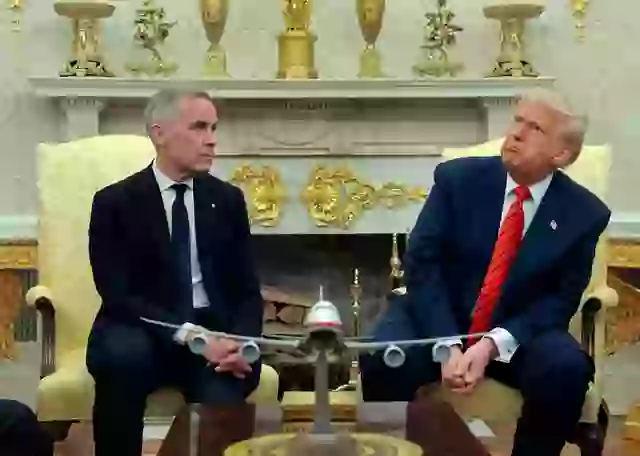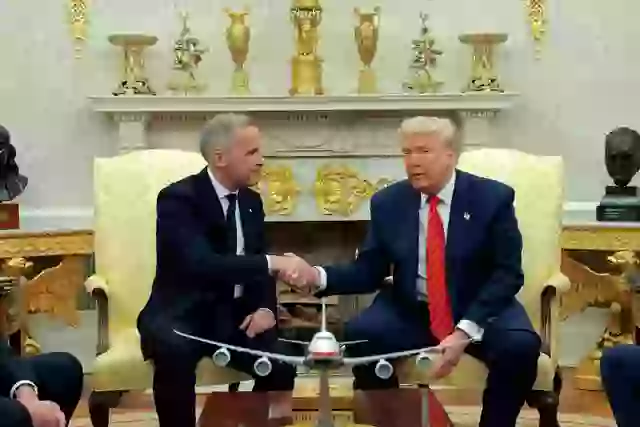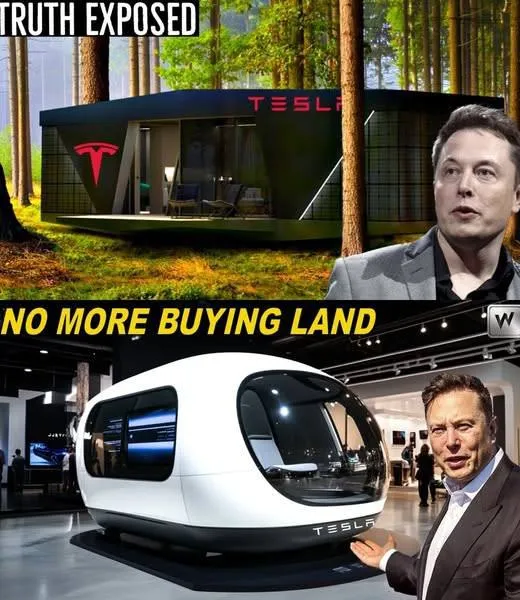It would be an understatement to say that the meeting between Canadian Prime Minister Mark Carney and Donald Trump, who invited him to the White House this week, was awkward.
And given the continued hostilities between the two countries, that shouldn’t be shocking, to be honest.
In response to Trump’s insistence on imposing tariffs on numerous countries worldwide, the 47th president has stated that Canada’s “solution” to evade these duties would be to become the 51st state in the union.
Canada has steadfastly refused to become another American state, even with 25% tariffs currently in place.
While his successor, Mark Carney, confirmed in a meeting with Trump on Tuesday, May 6, that his country is “never [going to be] for sale,” former Prime Minister Justin Trudeau stated that it was never “going to happen.”
“As you know from real estate, there are some places that are never for sale,” Carney decided, comparing Canada to the US Oval Office or the UK’s Buckingham Palace.
It’s not for sale, according to meetings with Canada’s owners throughout the campaign in recent months. never going to be for sale.
Carney appeared to fact-check Trump’s remarks of exchanges with its neighbor in other parts of the Oval Office meeting.
Trump stated, “We don’t do much business with Canada,” to which Carney quickly responded. Look at this:
“We are the largest client of the United States, in totality of all the goods,” said Carney.

“The adjustments have been beneficial, and between the two of us, we have a fantastic auto sector. In Canada, half of the cars are made in the United States, which is unique in the globe.
Trump persisted in his questioning despite Carney’s emphasis that Canada will never become the 51st state.
According to Carney, Canadians “can give ourselves far more than any foreign government can ever take away” and are “masters in our own home.”
After stating, “Never say never,” Trump continued, “I’ve had many, many things that were not doable and ended up being doable that were doable.”
The Canadian prime minister was “assertive,” but also “submissive” and “apprehensive,” according to body language expert Beth Dawson’s analysis of the scene on the White House steps.

“However, the elbow touch indicates that he wishes to build a relationship on equal terms,” Dawson continued. He had a determined look on his face.
“Carney is not passive, but he is also careful not to come across as overly forceful and he does seem slightly intimidated.”



